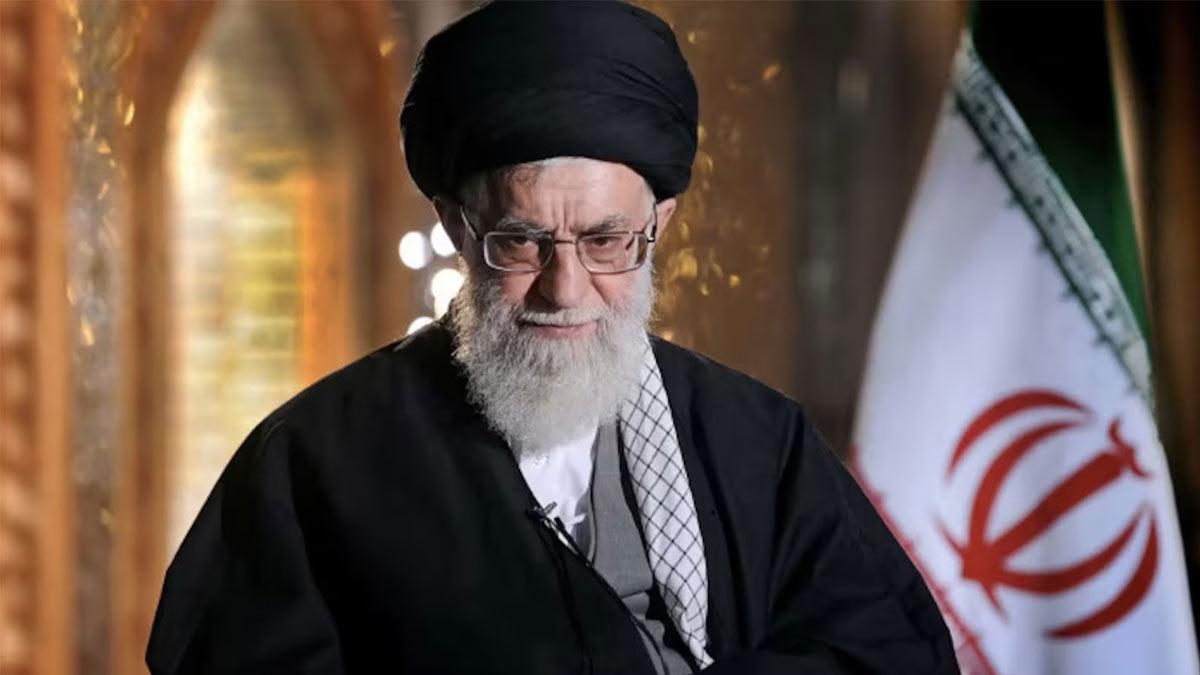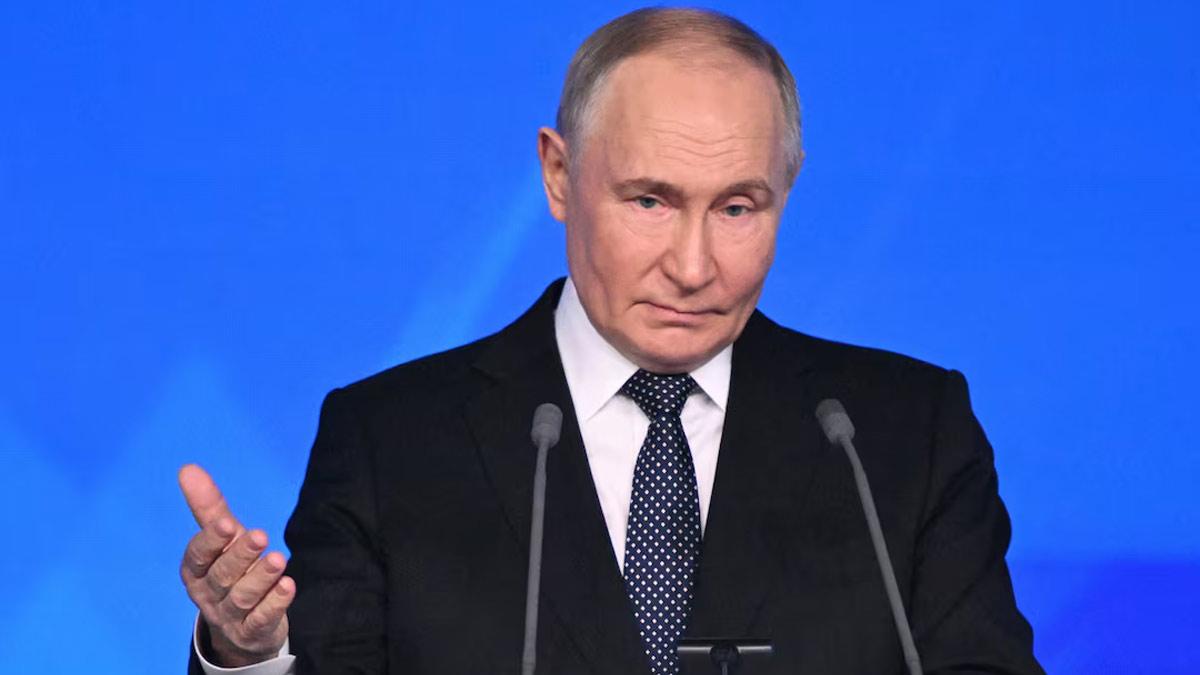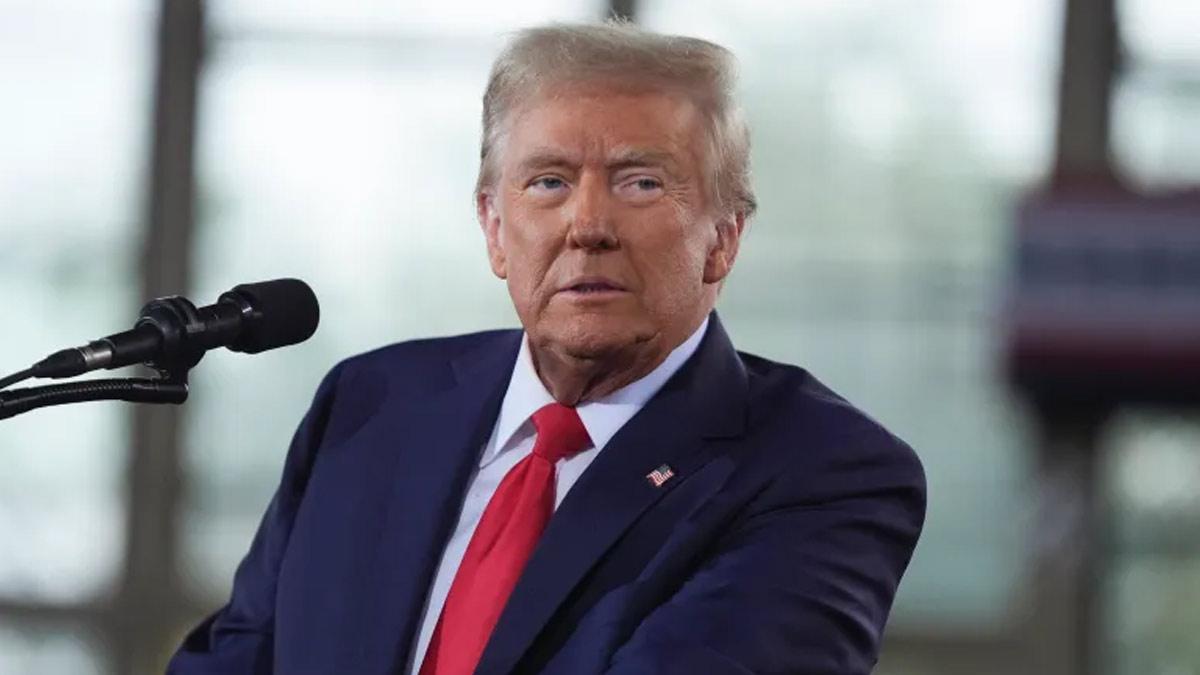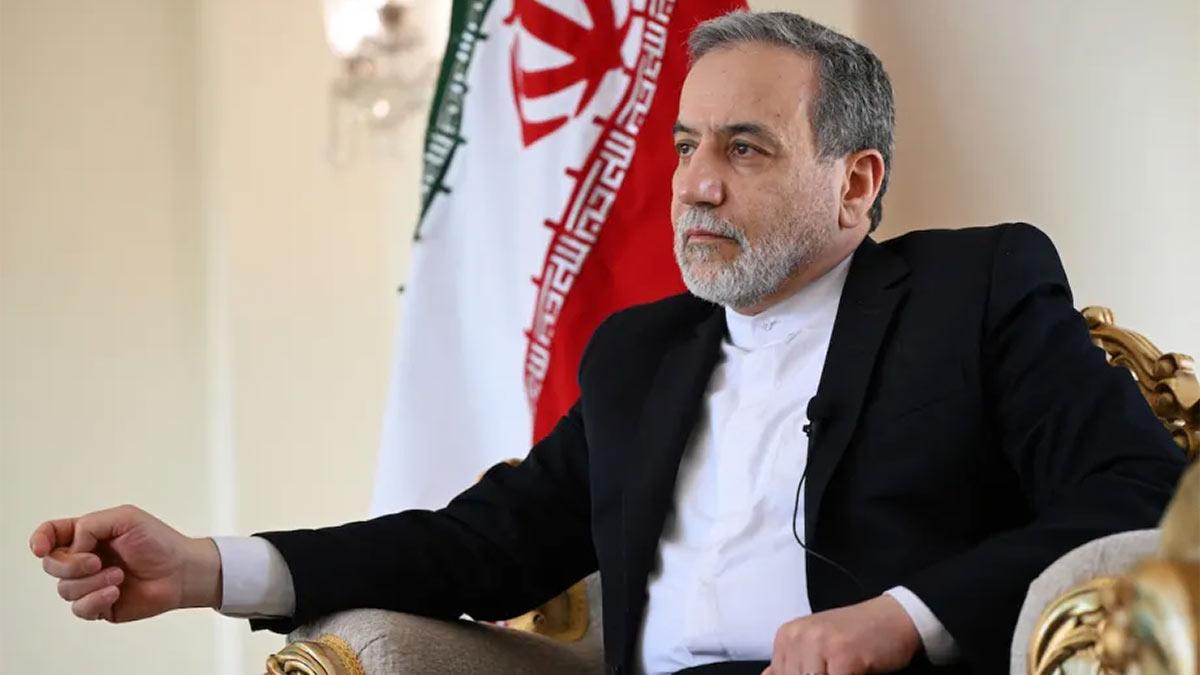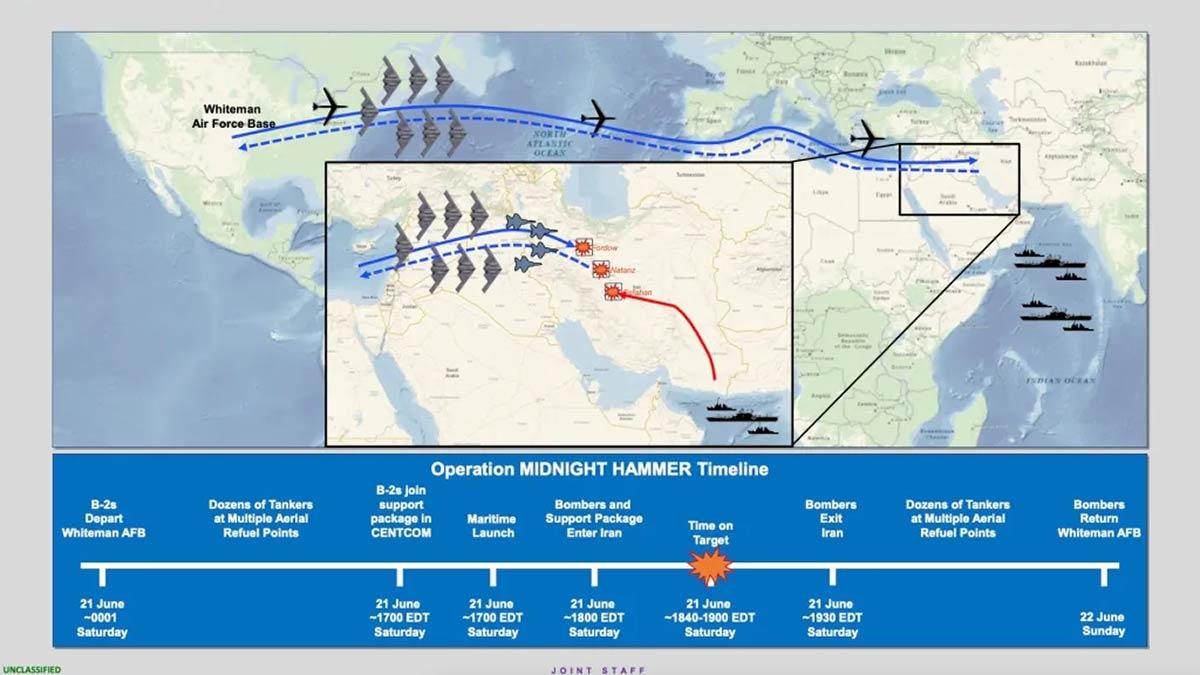Iran's Supreme Leader Ayatollah Ali Khamenei on Monday delivered a harsh warning following the recent US airstrikes against Iranian nuclear sites, promising retaliation would persist and labeling Israel as the "Zionist enemy."
Bucking his silence since the escalation, Khamenei described the airstrikes as "a big crime" and promised ongoing punishment in a message published to X (formerly Twitter).
"Resident evil: The punishment goes on. The Zionist enemy has done a big mistake, has committed a big crime; it should be punished, and it is being punished; it is being punished at the moment,"
he wrote.
The US military attacks—Operation Midnight Hammer—followed Israeli airstrikes on June 13 that bombed strategic points within Iran, including military and nuclear sites. The attack reportedly killed over a dozen top Iranian commanders, nuclear scientists, and civilians, according to Xinhua News Agency.
In turn, Iran fired a salvo of missiles and drones targeting Israeli soil. By Saturday, the Iranian Health Ministry had reported that the number of deaths had exceeded 400, with over 3,500 injured. Official sources in Israel confirmed at least 24 deaths attributable to the Iranian retaliatory assault.
Another drone strike allegedly by Israel on Sunday evening added to the flames when Iranian news agency ISNA claimed an ambulance was targeted in Isfahan province, killing all three occupants. The incident was confirmed by the local governor, Hamidreza Mohammadi Fesharaki, who said the vehicle was carrying a patient when it was struck. The driver, patient, and companion all died.
In parallel, Israeli Prime Minister Benjamin Netanyahu remained in a belligerent tone, vowing to ramp up Israeli military actions. "Israel will keep running at full throttle in Iran and Gaza," he stated, assuring that the nation will not be "dragged into an attrition war."
"We will not halt this historic operation until we fulfill our objectives,"
Netanyahu vowed.
Concurrently, Iran's Parliament has taken a symbolic step forward by voting to close the Strait of Hormuz, a crucial global oil shipping route. Though the vote is non-binding, it is advisory to Iran's Supreme National Security Council, which Khamenei chairs, to decide any final military response.
US intervention, which involved direct attacks on nuclear plants in Isfahan, Fordow, and Natanz, is a serious escalation of the Iran-Israel conflict. The raid has raised a lot of criticism both within the US and across the globe, particularly concerning the lack of Congressional approval before the military intervention.
As the two sides exchange blows, international leaders and organizations continue to raise alarm over the risk of wider regional conflict. The crisis remains combustible with eyes now turning to Iran's next steps as all parties are increasingly under pressure to step back from the precipice.

